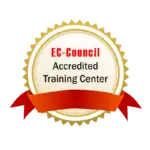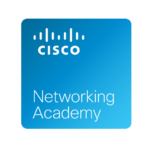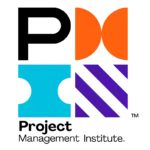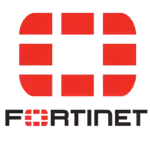What is DevOps?
DevOps is defined as a combination of people, process, and technology that enables organizations to continually provide value to customers. It is a methodology that unites development (Dev) and operations (Ops) teams to collaborate and coordinate their efforts in order to improve the systems development life cycle. This process is used to automate and integrate the work of software development and IT operations, allowing for faster delivery of higher-quality software.
Continuous Integration Tools
DevOps is often used with continuous integration (CI) tools, such as Azure DevOps and GitHub Actions, to automate the process of building, testing, and deploying code. Azure DevOps is a cloud-based service from Microsoft that provides an end-to-end DevOps toolchain for developing and deploying applications. It includes features such as source control, project management, and continuous integration and delivery. GitHub Actions is a CI/CD platform that allows users to automate their software development workflows.
Project Management Tools
Jira is a popular project management tool that can be used in conjunction with Azure DevOps. Jira can be used to track and manage tasks, bugs, and other issues related to software development. It can also be integrated with Azure DevOps to provide a more comprehensive DevOps solution.
In conclusion, DevOps is a methodology that enables organizations to deliver higher-quality software faster by uniting development and operations teams and automating the process of building, testing, and deploying code. It is often used with CI/CD tools such as Azure DevOps and GitHub Actions, as well as project management tools such as Jira.
Basics of DevOps
Are you interested in learning the basics of DevOps? It may seem daunting at first, but with the right mindset and resources, it’s definitely attainable.
- Understand the foundation of DevOps, which is the collaboration between development and operations teams to streamline software delivery.
- Learn about the DevOps culture and values.
- Dive into the various tools and technologies used in DevOps, such as continuous integration and delivery, automation, and monitoring.
- Practice what you’ve learned by experimenting with a personal project or contributing to an open-source project.
- Keep learning and adapting as the industry evolves.
Learn from DevOps Experts
If you’re looking to expand your knowledge and skills in DevOps, there’s no better way than to learn from the experts in CLS. DevOps as a service is a growing field, and there are many professionals who have extensive experience in designing, implementing, and managing DevOps processes and tools.
One area where DevOps experts can provide valuable insights is in the use of Terraform with Azure DevOps. Terraform is a powerful tool for infrastructure automation and can be used to manage resources in Azure cloud environments. When combined with Azure DevOps, it enables teams to define and manage infrastructure as code, automating the deployment of applications and infrastructure changes.
By learning from DevOps experts, you can gain a deep understanding of how to use Terraform with Azure DevOps to automate infrastructure provisioning, reduce manual errors, and speed up deployment times. You can also learn best practices for collaboration, testing, and monitoring to ensure that your DevOps processes are efficient and effective. With the right guidance, you can become a skilled DevOps practitioner and contribute to the success of your organization.
It’s Time to Learn DevOps and Here’s Where to Begin
Are you ready to take the leap and learn DevOps? With CLS Courses, you can start your journey towards becoming a skilled practitioner.
- Understand the core principles of DevOps, such as collaboration and automation.
- Explore the various tools and technologies used in DevOps, such as continuous integration and delivery.
- Take online courses and tutorials to provide a solid foundation and hands-on experience.
- Consider contributing to open-source projects or experimenting with personal projects to apply what you’ve learned.
- Stay curious, adaptable, and always keep learning as the industry evolves. It’s time to dive into the exciting world of DevOps!
























